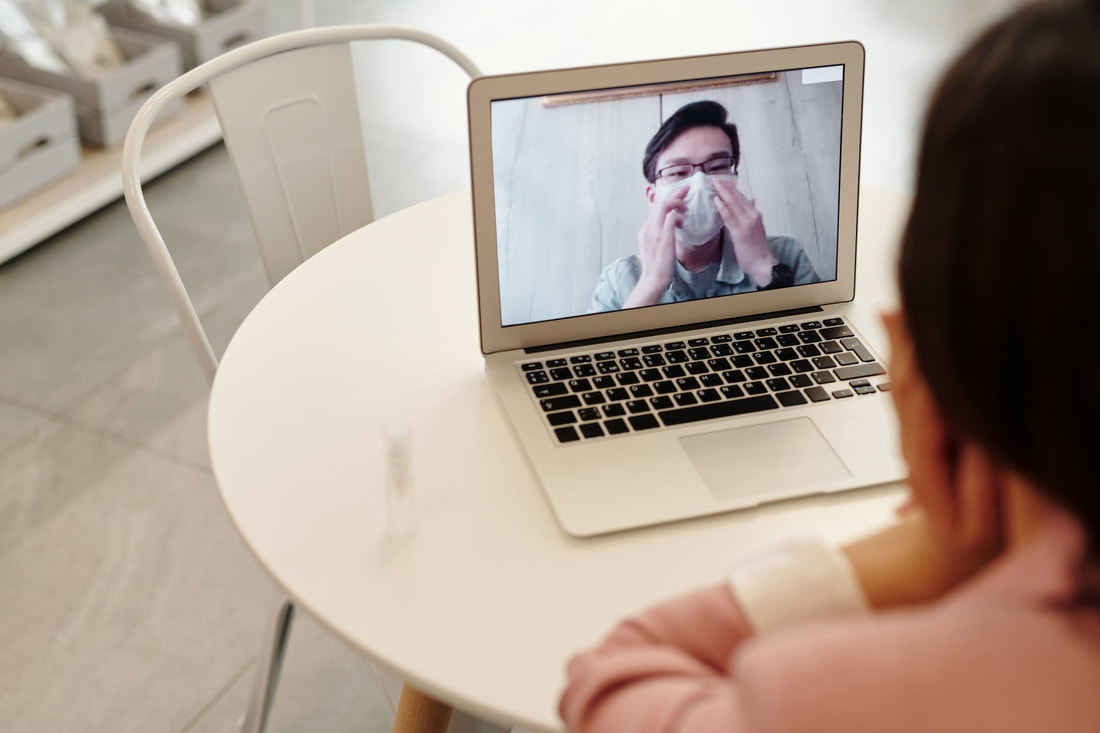|
The COVID-19 pandemic has compelled the Academy Awards to allow films released only on streaming platforms to be eligible for Oscar nominations, as social distancing measures have caused the closure of movie theatres across the world and disrupted to the traditional film selection process.
The Academy’s move is the latest sign of the upheaval caused by the pandemic, which has caused highly anticipated blockbusters to be delayed, high profile film festivals to be cancelled, and theatre closures. The change in rules will only apply to next year’s Oscars and while the Academy plans to make the 93rd Oscars an acceptation, what with the growing campaigning from companies like Netflix, Amazon, and Apple have, it might prove tough to revert back. These companies have recently gained industry muscle over the last couple of years and once they have gained traction, they are not likely to give it up easily in a notoriously staunch town. Before the pandemic, the Academy Awards required a film be shown in a theater in Los Angeles County of at least seven consecutive days, during which period screenings must occur at least three times daily. To meet these requirements, Netflixs had to hire out a theatre for Martin Scorsese latest streaming-only film, The Irishman, in order to make it eligible for Oscar nominations. To make it easier for distributors to meet theatrical exhibition requirements when theatres reopen, the Academy also will expand the number of qualifying theaters beyond Los Angeles County to include venues in additional US metropolitan areas including New York, the Bay Area, Chicago, Miami, and Atlanta.
0 Comments
With so many people out of work and with time on their hands, you can bet that more people are turning to films and television shows to fill their spare time.
But sooner than we think, we’re going to run into a big problem. Because of COVID-19, there simply isn’t enough new content being produced. Film productions are shut down. Actors are quarantining themselves. The hundreds of people it takes to produce a film cannot go near each other. Nothing is being made, and no one knows when this might change. This unfortunately means Hollywood’s production pipeline, which has been clogged with projects these past few years, will soon be completely dry. For the most part, we are stuck with whatever movies we have. Which isn’t to say that there aren’t new movies available. Thankfully, there are some ready-to-go features, thanks to the summer movie season which is historically filled with blockbuster releases. However, the big film studios are still holding their breath, hoping and praying that things will go back to normal by Summer. The problem is that even if the lockdown is lifted, things will be anything but normal. Some of the big budget films like Wonder Woman 1984, the new James Bond: No Time To Die, have been completed but are in limbo, depending on what happens with the pandemic. The question then becomes in this new reality, whether Hollywood needs to further break its own business model and release more movies digitally rather than holding out hope for a theatrical premiere. How long will the release of these films be mired in uncertainty, thus prolonging the studios return on their investment? Quibi is the hot new streaming app made exclusively for mobile phones. It is designed for short-form entertainment and founded by DreamWorks executive Jeffrey Katzenberg who has attracted big-name filmmakers including Steven Spielberg, Guillermo del Toro, and Steven Soderbergh.
If you’ve followed Katzenberg’s career, you know he never does anything small – $1 billion in finance to be precise – so it’s probably worth checking Quibi out. But what is this exciting new app all about and how exactly do we use it? “Quibi” stands for “quick bites” – that is, very short-form content that is easily consumable in one sitting. The shows are designed for millennials, the social media generation. Like Netflix, Amazon, and Hulu, it will provide original content but instead of presenting feature-length films or episodes that generally run around an hour or two hours long, Quibi specializing in content built for quick consumption. Quibi’s episodes are ten minutes or less and movies are broken down into chapters that act more like episodes. These episodes won’t likely be coming to a screen bigger than your mobile device – at least any time soon – so don’t expect any Quibi content to appear at next year’s Academy Awards. But depending on how successful the platform is, Quibi will likely try to expand and experiment with other forms of storytelling. How Much Does It Cost? The app has two payment tiers, $4.99/ a month with short ads, and $7.99/ a month without them. At the moment, you can get a 90-day free trial if you sign up by April 30. Ads come in the form of unskippable pre-rolls, kind of like what you find on YouTube. This makes them almost impossible to block with an adblocker, but at least they won’t be interrupting your viewing session. It’s likely, down the road, Quibi will do in-stream ads as the platform becomes more popular but at the moment it’s only an educated guess. |
AuthorJeridoo Productions' own Blog about our Productions, Projects and Film- and Movie-related News. Archives
October 2022
|
JERIDOO UNIVERSE AG |
MOVIE PROJECTS |
MEDIA |
© Copyright 2018 Jeridoo Universe AG





 RSS Feed
RSS Feed